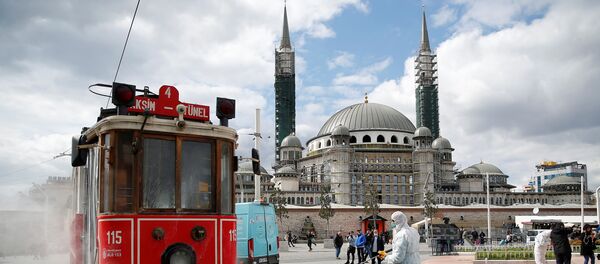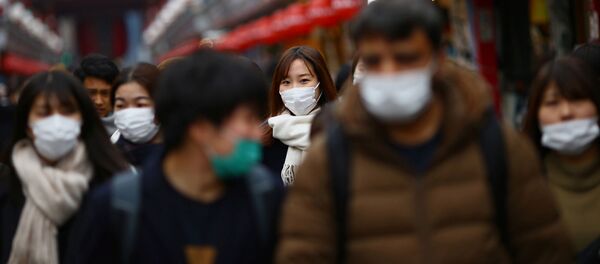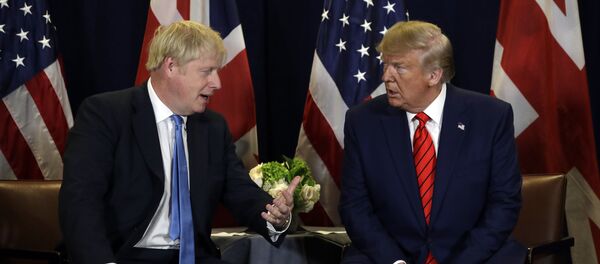MOSCOW (Sputnik) -The coronavirus pandemic is set to irreversibly change the world, so much so that humanity may be forced to reconsider its urban planning traditions and upkeep, according to experts who shared their views on the subject.
Instructor at the Institute of Earth Sciences with Tyumen State University Lilia Sulkarnaeva posited that cities of the future will strive to be more decentralised.
“One of the solutions [to crises similar to the coronavirus pandemic] is to decentralise urban environments. In most cities there is a single center that takes on many functions: a business centre, there are entertainment events and so on. This creates a constant stream of human exchange. If we form a multi-core urban center, this will allow us to separate these streams and make cities safer", Sulkarnaeva said.
Sulkarnaeva went on to stress the need for wider spaces wherever possible and more efficient waste management to help fight further outbreaks.
At the same time, advances in communication technologies have made society much more resilient and well-prepared to counter outbreaks and their effects, according to Steve Kuddins, an expert at the Design and Urbanism Institute with St Petersburg’s Information Technologies, Mechanics and Optics University.
“If such a pandemic happened 40 years ago, it would be a big blow, because then people would really be isolated from each other not only physically, but also intellectually. Now we use the internet for entertainment and maintaining social contacts", Kuddins said.
Kuddins also expressed confidence that the experience with COVID-19 will allow authorities and society at large to develop more efficient ways of tackling pandemics.
"If this happens again, everyone will already know what to do, the city will be isolated, quarantine measures will be introduced instantly, and then we will be able to block and destroy such viruses completely", Kuddins explained.
The World Health Organisation declared the outbreak a pandemic last month, causing many countries to impose drastic mitigation measures and curbs on movement. By early April, about half of the world’s population had been placed under some form of quarantine or movement restrictions.
As of Tuesday, nearly 76,000 people have died from about 1.3 million confirmed cases of coronavirus infection, while nearly 290,000 have recovered.










